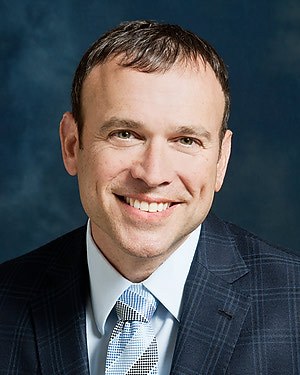
While we sleep, our brain cycles through different stages of sleep.
Sleep is broadly broken down into four stages — stage N1, N2, N3 and stage R (rapid eye movement sleep or REM).
Generally, at the beginning of the night, before we fall asleep, we begin our sleep period in a state of quiet wakefulness.
As we drift off to sleep, we enter into stage N1, which is light sleep. In light, stage N1 sleep, if awoken from this stage, individuals will often be unaware that they were asleep.
As the inertia of sleep begins to progress, we will enter into stage N2, which is considered unequivocal sleep, where if awoken from sleep, most individuals will know that they were asleep.
From stage N2, our brains enter into stage N3 sleep, otherwise known as deep sleep. It is during this stage of sleep that 90% of all growth hormone is secreted, which is one theoretical explanation as to why children have a higher percentage of total N3 sleep in the course of a night as compared to adults. The majority of N3 sleep occurs in the first third of our nocturnal sleep period.
From stage N3 sleep, we then enter into stage R (or REM sleep). REM sleep is where dreaming occurs. Dreaming is defined as any active thought process or a series of mental images that occur during sleep. We dream to some extent in all stages of sleep, but the types of dreams we tend to recall, with extensive plot lines and a seeming altered reality, occur during REM sleep.
Transitioning from N1 sleep through REM sleep as previously described is considered a “sleep cycle,” which tends to occur every 90-120 minutes throughout the night and repeats several times in the course of sleep. Most healthy adults, if given adequate sleep opportunities, will have an average of five sleep cycles per night.
REM episodes tend to get longer as the night progresses and the largest percentage of REM sleep occurs in the latter third of the night. Most of us will have multiple dreaming episodes in the course of the night; however, we typically will only recall a dream if we wake up amid a dream or at the very end of a dream.
The fact that REM sleep is present more prominently in the latter third of the night is the likely explanation as to why most people’s reports of dream recall will tend to occur in the morning after their last dreaming episode.

